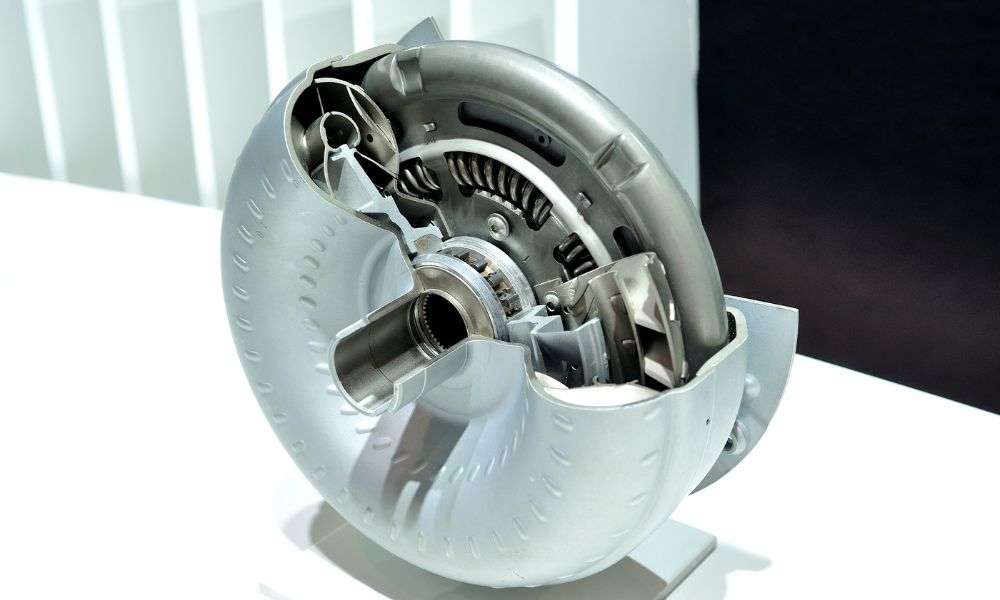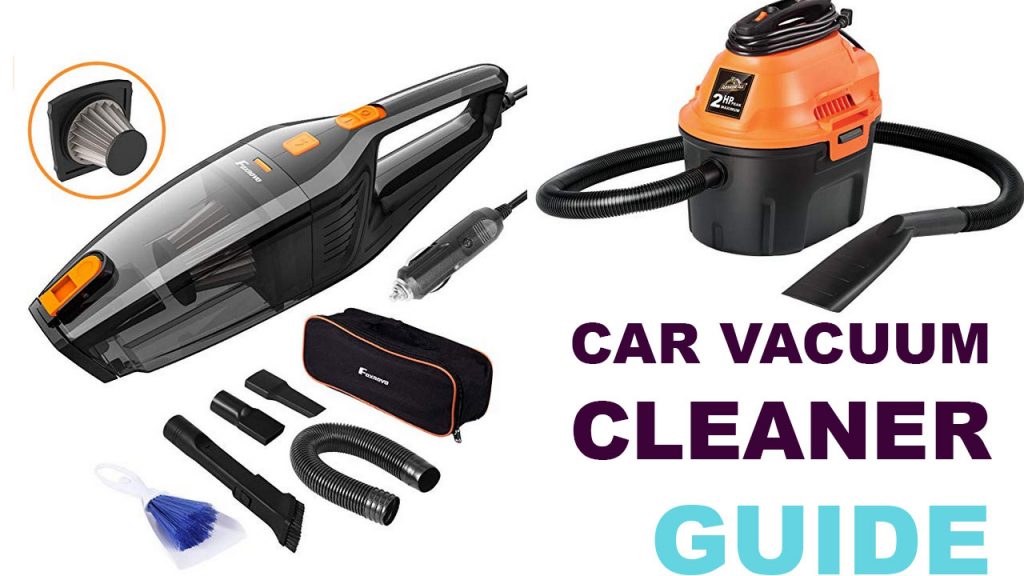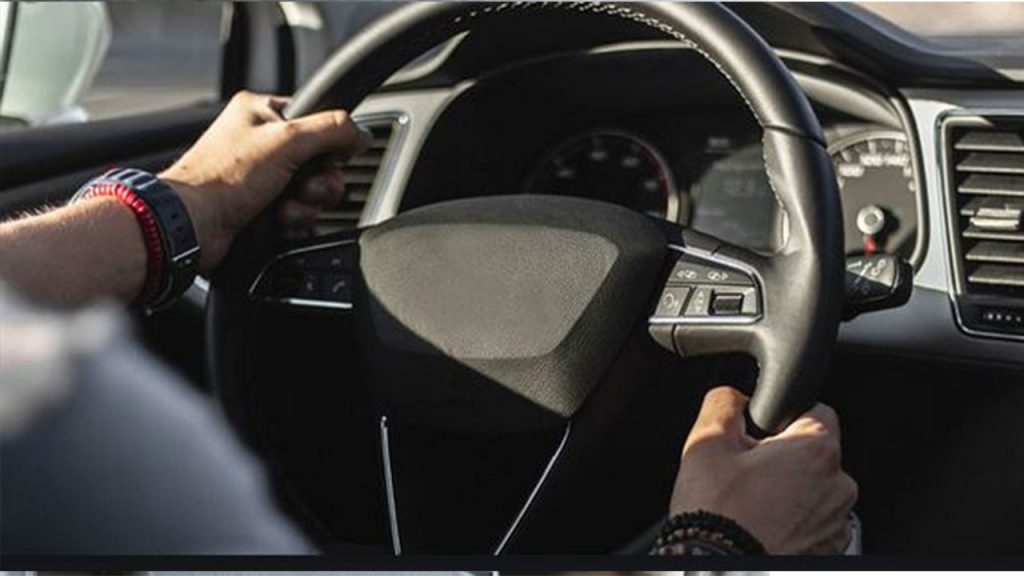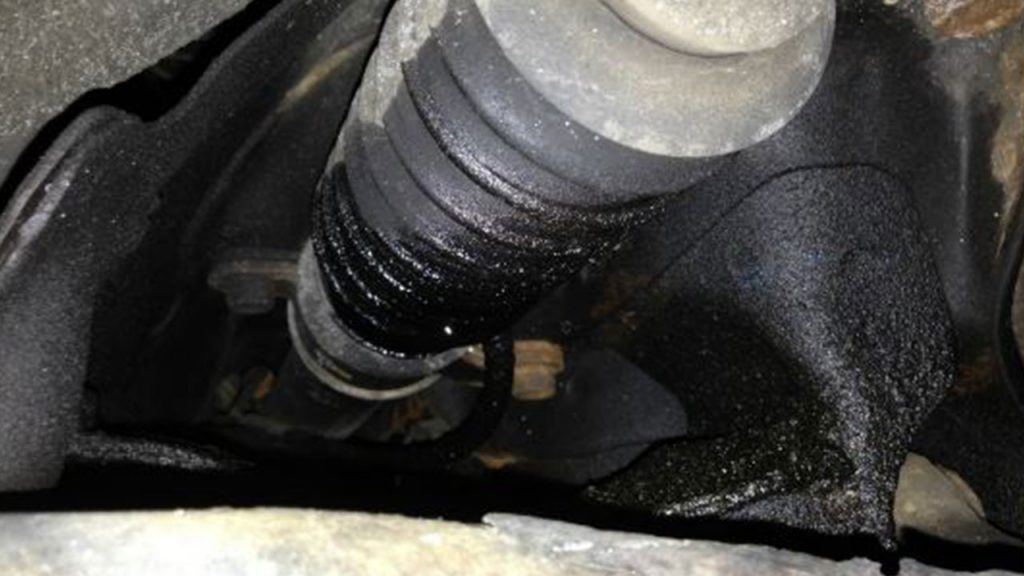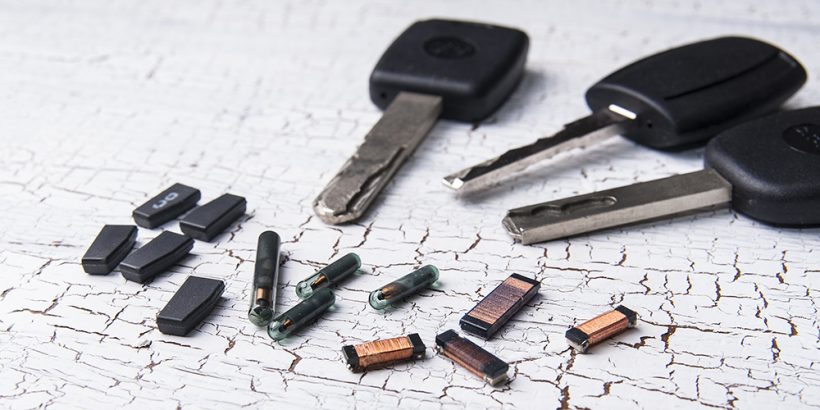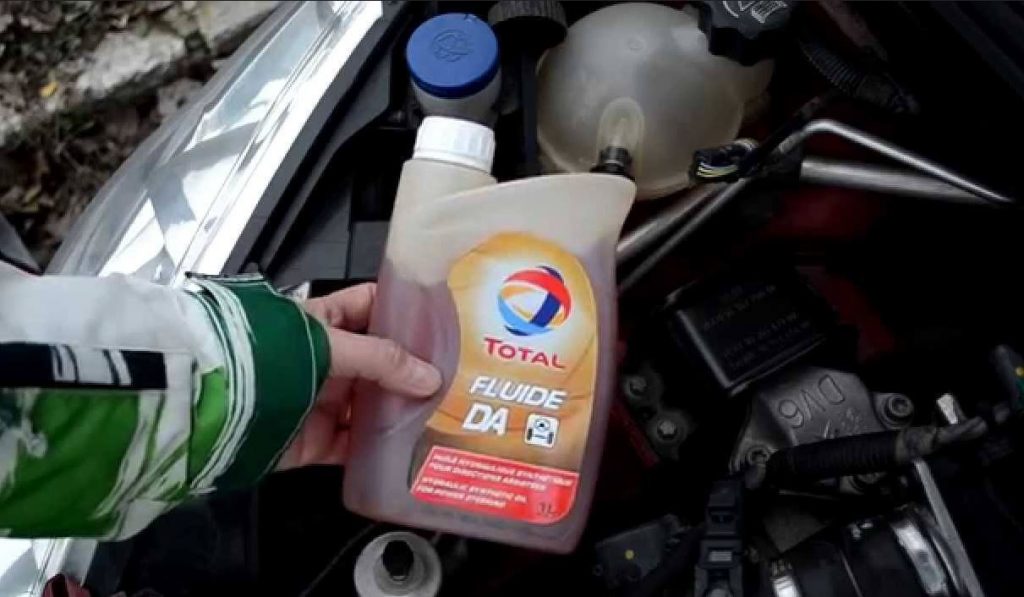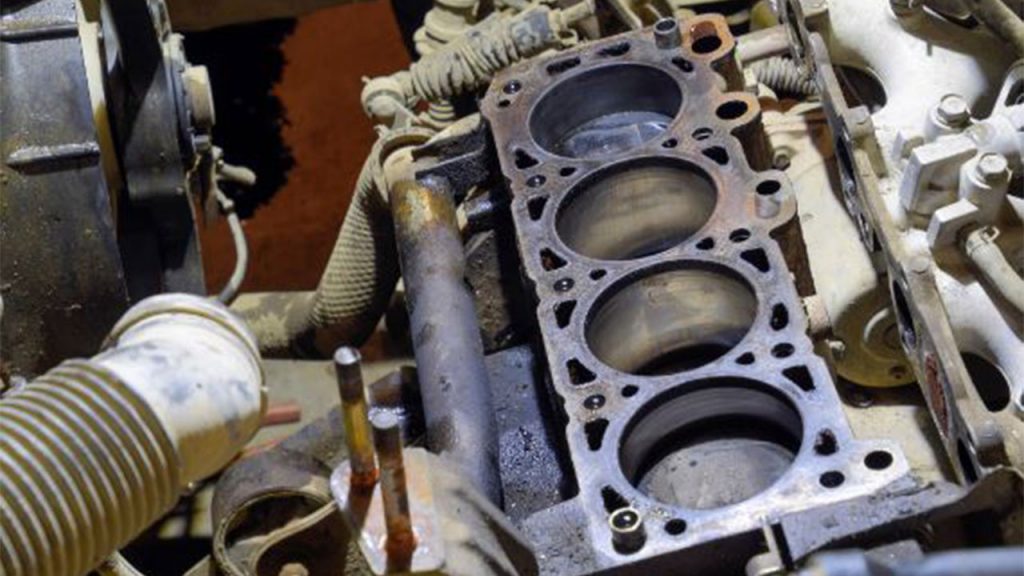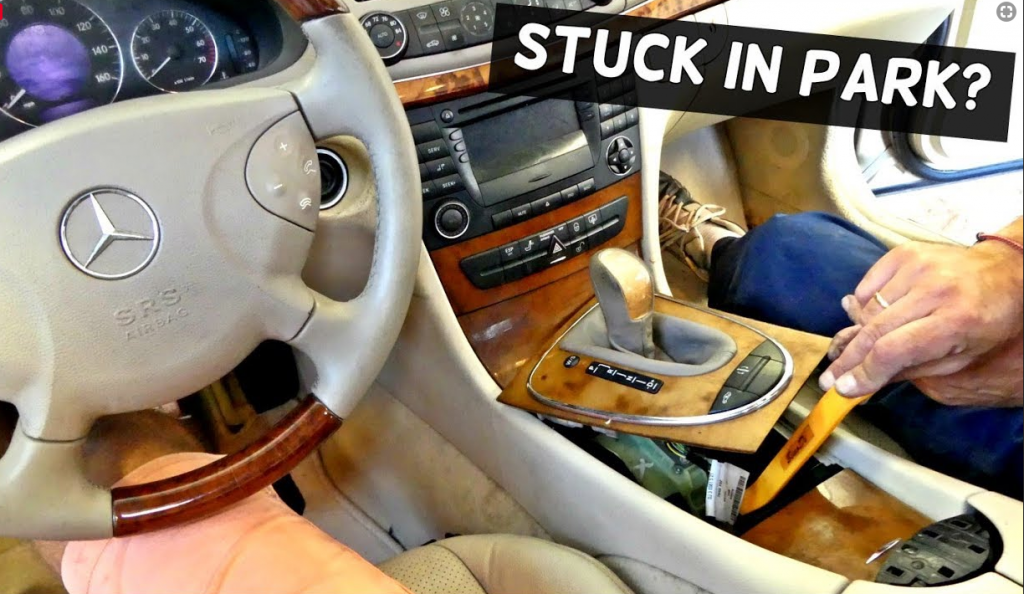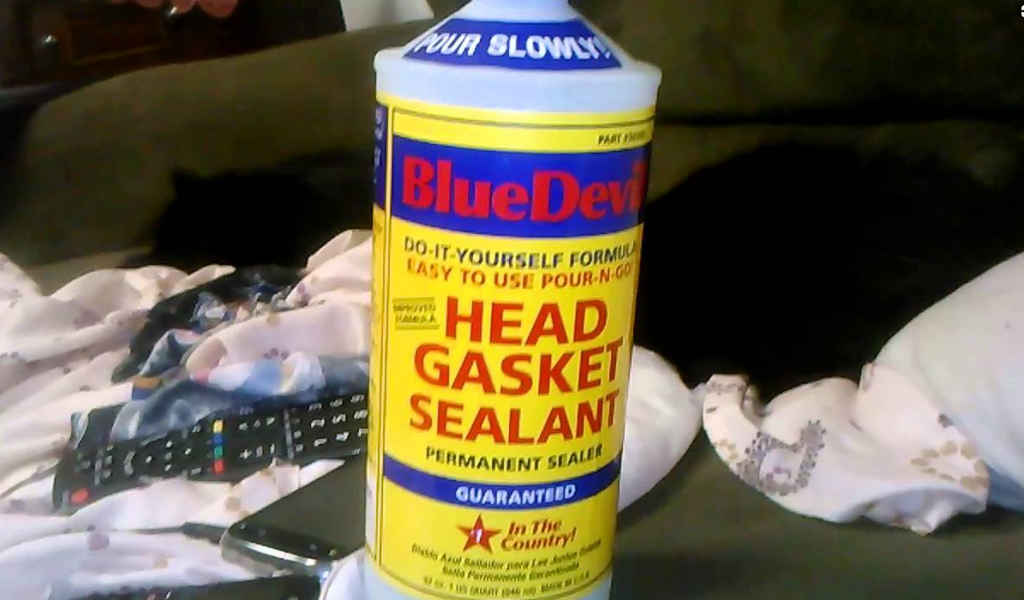The torque converter, one of the most important relationships in that seductive dance between the engine and wheels. It is responsible for spinning operation with automatic transmissions. But as with any mechanical part, it is susceptible to wear and tear. This crucial component is nothing if not reliable, but when it does fail, it can wreak havoc on your car’s ability to function.
Recognizing the signs of a bad torque converter early will prevent being on the receiving end of a large bill and keep your car running longer. In this post, we’re going to discuss seven symptoms that may suggest your torque converter is on the fritz. Keep an eye out for these red flags to avoid the last thing you need – a breakdown!
Symptoms Of A Failing Torque Converter Clutch
The TCC (torque converter clutch) is what locks the engine and transmission together when the vehicle reaches cruise speed. But when the TCC fails, it can cause a domino effect of issues that include slipping, overheating and harsh shifts. You might feel sluggish performance or answers from your Car. Finding this problem early can save you from more expensive transmission repair in the future.
Bad Torque Converter Noise At Idle
If you notice any odd noises from your vehicle when idling, it’s usually one of the first signs that your torque converter is failing. Whining or grinding noises can also be the result of internal failure in a torque converter, but there is another, more prevalent issue that can cause no engagement: The failed clutch. Sound Over Tim. All vehicles will make some noise as they age, but loud or consistent motor noise in the transmission is one of the more serious signs that you’re having transmission problems.
Can A Bad Torque Converter Cause No Movement?
Yes, it can. If there’s a catastrophic failure of the torque converter, the car might not be able to move at all. So, the transmission is not shifting into gear. A super-common reason your new-used car’s trans will just stop working is because the linkage breaks that connect the engine to the transmission. If your car is simply not moving once you put it in gear, this could be the source.
Symptom 1: Slipping Gears
Slipping gears are frequently a sign that something is wrong with your torque converter. You will need a new transmission when the torque converter does not transmit power from the engine to the transmission as it should. This can cause the car to unexpectedly slip out of gear or change gears incorrectly. You’ll probably experience the engine rev up, but your car won’t zoom off like it usually does. Don’t ignore this symptom. Have your torque converter checked now before you destroy anything else.
Symptom 2: Strange Noises
In addition to the hum of a whining or grinding gear, several troubling sounds can suggest a problem with the internal workings of your torque converter: We’ve already mentioned jerking. This is often paired with noises like rattling or clunking that signify your vehicle’s tranny internals are rubbing against each other in an unhealthy way. Those noises usually amplify when the problem gets worse. Neglecting these can lead to irreversible damage, not only in the converter but also in surrounding transmission components.
Symptom 3: Shuddering Or Vibrating
Shaking or trembling again, particularly if the shuddering occurs when you are accelerating and/or driving at highway speed alone, can indicate that your torque converter is not working properly. This happens when the clutch cannot engage or disengage fluidly, causing a jerky shift. You may also feel the vibrations that you experience when one fails, again in severity. If your car trembles at a pass during acceleration, take it as a sign that you need to perform some closer checking.
Symptom 4: Struggling to Accelerate
For example, a jagged torque converter can painfully slow acceleration. You put your foot on the gas pedal and try to move forward, but having difficulty doing so, you end up getting nowhere fast. That converter is there to make moving power from the engine, through the transmission and out to your wheels as smooth as possible, but when it starts going bad, that smooth transfer becomes a lagging, inefficient process. This issue can exacerbate and have a direct result on the overall driveability of your car.
Symptom 5: Overheating
The torque converters are a critical component in regulating how transmission fluid is distributed. If the converter fails, fluid movement in and out of the engine is blocked and results in overheating. This is a serious issue. Too much heat can ruin your transmission and its internal parts, resulting in costly repairs. If the temperature gauge of your vehicle is on the high side or if you smell something burning, the malfunctioning of the converter might be causing it.
Symptom 6: Hesitation in Shifting
A late or slow shift is a common symptom of a bad torque converter. Your car becomes somewhat reluctant to determine the correct gear for you after you step on the accelerator. The reason for this delay is the converter not being able to transmit power efficiently, which can lead to rough shifting or jerking. If your car no longer changes gears as well as it once did, you need to check the torque converter.
Symptom 7: Fluid Leaks
Leaks are a common indicator of problems with the torque converter. The seals in the converter wear out with time, which leads to a leak of transmission fluid. When this occurs, your vehicle starts to get low on the vital solution needed for optimal lubrication and performance. If you see red or brown puddles of fluid under your car, you must get it checked out. Operating with low fluid can do harm to the torque converter and the transmission.
Signs Of Torque Converter Failure
Other than these, you’ll begin feeling your vehicle shift gears aggressively or roughly, the gearbox will slip when trying to change gears and if left unchecked, power loss could occur while driving. When they work in combination, it’s time to have a professional take a look at your torque converter.
What Does A Bad Torque Converter Sound Like
A crap torque converter generally makes a whining, grinding, or buzzing type of noise from worn internal parts rubbing together. This noise is usually most prominent when the engine is at an idle and under a load. Some noise is inevitable over time, but always treat persistent or concerning noise as a red flag. Why Racing Torque Converters Use High Stall Speed?
Early Signs Of Torque Converter Problems
Stay on the lookout for early signs, such as hesitation between gears, rough shifts, and odd noises. The earlier you notice these signs, the more likely they are NOT to be severe problems that could hurt your transmission. Nipping things in the bud can help you save time and money, in keeping your car running smoothly.
Conclusion
A bad torque converter can be a serious problem and one that many drivers are completely unaware of. Noticing a problem with the symptoms of bad brake pads could help you potentially avoid expensive repairs and lengthy periods of your car being off-road. No matter how bizarre the sound, slow your acceleration or area of concern may be, don’t ignore these red flags. Making repairs or receiving timely maintenance done on your vehicle’s transmission system will be a critical step in preserving the health of the car and feeling comfortable while driving for miles to come.

